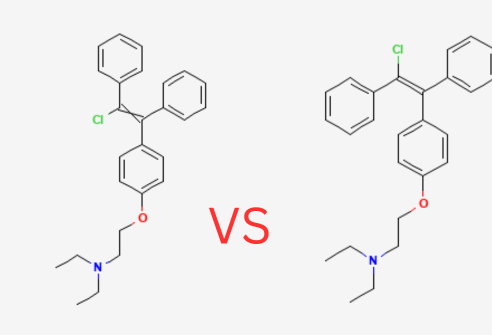Low testosterone, or hypogonadism, affects many men, and while testosterone replacement therapy (TRT) is a common solution, it often compromises fertility. Clomid (clomiphene citrate) offers an effective alternative by boosting the body’s natural testosterone production without reducing sperm count, making it an excellent option for men seeking to address low testosterone while preserving fertility. This article explores how Clomid works, its benefits, risks, and whether it might be the right choice for you.

What is Clomid?
Clomid is a selective estrogen receptor modulator (SERM). It works by blocking estrogen receptors in the hypothalamus, which stimulates the release of two key hormones: luteinizing hormone (LH) and follicle-stimulating hormone (FSH). These hormones, in turn, encourage the testes to produce more testosterone naturally.
Clomid was initially approved to treat infertility in women. However, its off-label use for men with low testosterone has grown due to its ability to stimulate natural testosterone production without suppressing sperm production—a common issue with TRT.
Mechanism of Action: How Clomid Works for Men
Clomid’s role in treating low testosterone revolves around its ability to reset the body’s hormonal balance. Here’s how it works:
- Blocking Estrogen Feedback: Clomid binds to estrogen receptors in the hypothalamus, tricking the brain into thinking estrogen levels are low.
- Stimulating LH and FSH Production: This false signal prompts the pituitary gland to release LH and FSH.
- Boosting Testosterone: LH stimulates testosterone production in the testes, while FSH supports sperm production.
This unique mechanism allows Clomid to boost testosterone levels naturally, making it an attractive option for men who wish to preserve their fertility.
Benefits of Using Clomid for Low Testosterone
Clomid offers several advantages over traditional testosterone replacement therapy:
1. Fertility Preservation
Unlike TRT, which often reduces sperm production, Clomid maintains or even improves sperm count and quality. This makes it an ideal option for men planning to start a family.
2. Non-Invasive and Oral Administration
Clomid is taken as a daily pill, eliminating the need for injections or topical applications, which are common with TRT.
3. Symptom Relief
Men using Clomid often report significant improvements in:
- Energy levels
- Sexual health
- Mood stability
- Muscle mass and strength
By addressing testosterone deficiency naturally, Clomid offers a more holistic approach to managing symptoms.
Potential Side Effects and Risks
While Clomid is generally well-tolerated, it’s not without risks. Common side effects include:
- Headaches
- Nausea or gastrointestinal discomfort
- Mood swings or irritability
- Visual disturbances, such as blurry vision
Rare but serious risks include:
- Blood clots
- Liver dysfunction
These potential side effects underscore the importance of medical supervision. Regular blood tests and monitoring can help mitigate risks and ensure the treatment is effective.
Comparing Clomid with Other Treatments
1. Testosterone Replacement Therapy (TRT)
- TRT directly introduces testosterone into the body, offering rapid symptom relief.
- However, it suppresses natural testosterone production and can negatively impact fertility.
2. Enclomiphene
- A more targeted SERM derived from clomiphene, enclomiphene is gaining attention as an alternative.
- While promising, its availability may be limited compared to Clomid.
3. Lifestyle Modifications
- For mild cases of low testosterone, lifestyle changes like weight loss, improved diet, and increased exercise can boost hormone levels.
Clomid stands out as a middle-ground solution, offering the benefits of hormonal treatment without the fertility concerns of TRT.
Who Should Consider Clomid?
Clomid is particularly suited for:
- Men with secondary hypogonadism caused by lifestyle factors, stress, or obesity.
- Those looking to improve testosterone levels without compromising fertility.
- Men who prefer oral medication over injectable options.
However, Clomid may not be ideal for individuals with primary hypogonadism, severe visual disturbances, or a history of blood clots.
Reach out to Empower Men’s Health Clinic if you need help with Low Testosterone
Clomid has emerged as a viable option for men struggling with low testosterone. Its unique ability to naturally stimulate testosterone production while preserving fertility sets it apart from other treatments like TRT. However, it’s not a one-size-fits-all solution. Individualized care and professional guidance are essential to achieving the best outcomes.
If you’re considering Clomid as part of your treatment plan, consult a healthcare provider to determine if it’s right for you. For expert advice and comprehensive care, explore the resources at Empower Men’s Health Clinic. Take the first step toward reclaiming your vitality and well-being today!


